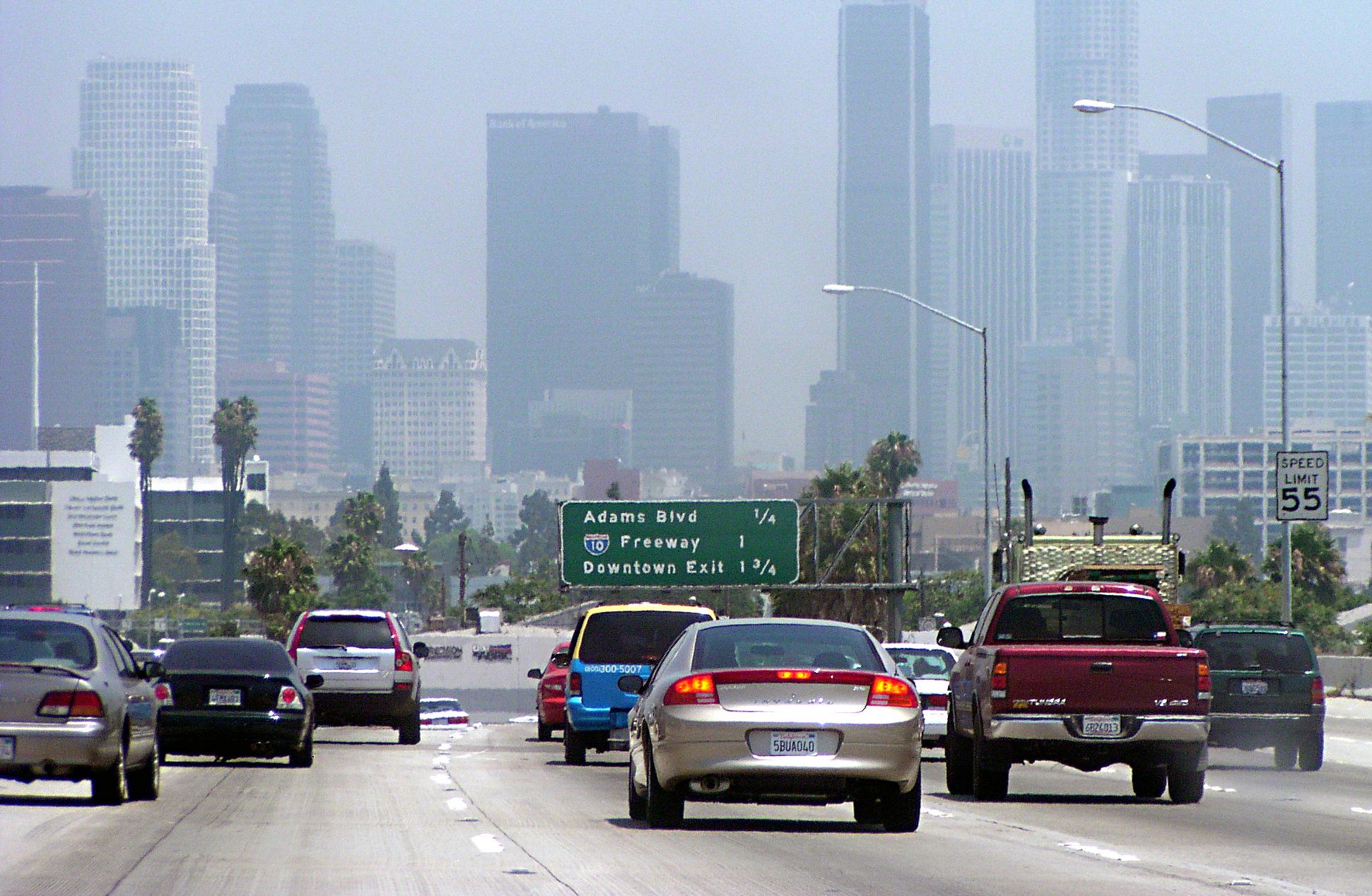It's hard to imagine another commodity that would become a top news story each time its price rose a couple of cents. But such is America's addiction to oil. And while the appetite for these stories appears to be bottomless, major media outlets don't seem to have much stomach for examining the complicated set of factors that undergird the issue.
Frustratingly, leading Republicans are doing a pretty good job convincing the American public that the president can dictate prices at the pump, even while they propose a transportation policy that would only further entrench American gasoline dependence.
Yesterday environmental think tank the Post Carbon Institute reported "nearly two-thirds of the voters say they disapprove of the way the President is handling gasoline prices and only 26 percent approve of his energy policies. Interestingly, 54 percent of those polled believe the President can control gas prices."
Nathan Hamblen at Network blog N8han speaks for the rest of us:
I am in the “dumb” group on all of the questions. I disapprove of the way the government has long handled gasoline prices, by failing to put a substantial tax on it when prices were low. Doing so would have given us some room to maneuver in the future, when prices start to rise in earnest. I do not approve of the president’s energy polices, which strive to burn all remaining fuel reserves as quickly and cheaply as possible. And finally, of course the president (or government) can control (or affect) gas prices: they can increase them with a tax. Our government is unable to lower gas prices in a crisis only because it has insufficiently taxed gas in the past. And we are too recognizably broke to attempt a direct subsidy—one hopes.
For all the wrong reasons, the population correctly disapproves of American energy policy. They may go on disapproving, and electing increasingly ridiculous charlatans promising the impossible, until they get to choose between food and gasoline, or neither.
Elsewhere on the Network today: Steven Can Plan analyzes how the Chicago area splits its air pollution reduction funds between road projects and active transportation, and the resulting environmental impacts. Transit Miami, after putting pressure on FDOT to build safer roads, wins a victory for pedestrians and cyclists. And Rust Wire looks at the life- and attitude-altering decision to go car-free in a second-tier city.






